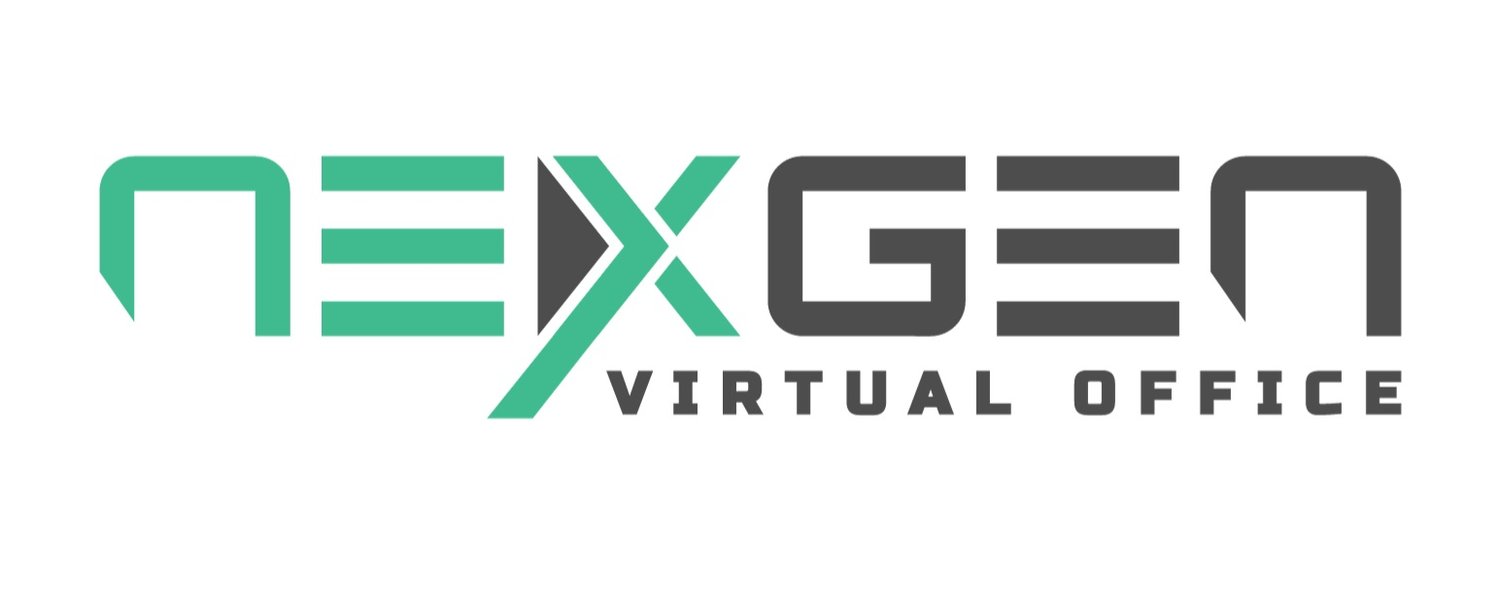Why Does Your Hybrid Work Strategy Matter?
Part II: Additional Four Key Points
Published: Gallup 2025
Crafting a long-term hybrid work strategy requires a clear understanding of how organizations are structuring remote work flexibility and what is working best for employees, especially given that five in 10 full-time U.S. employees have remote-capable jobs.
To remain competitive, organizational cultures need to reflect that they provide what employees are looking for.
Working From Home
1. How Many Days On-Site Are Best for Employee Engagement?
Gallup data show that spending three days in the office, or working exclusively remotely, was associated with somewhat higher levels of employee engagement for remote-capable workers in 2023. Before then, we consistently found that working two to three days on-site resulted in substantially higher levels of engagement. As organizations adapt to various hybrid work policies and employees settle into these new practices, it seems that there is no perfect one-size-fits-all hybrid work model. Yet a moderate amount of remote flexibility continues to optimize engagement for hybrid workers.
There is no discernable pattern for which days in the office lead to positive outcomes, although people tend to favor going to the office on Tuesday, Wednesday and Thursday.
Additionally, employees' unique job responsibilities, as well as their team's collaboration and customer service requirements, should be considered when determining hybrid work schedules. For instance, highly collaborative jobs requiring frequent real-time interactions often benefit from more time in the office, compared to jobs that are done mostly independently.
Higher Engagement for Employees Working Three Days On-Site or Exclusively Remotely
Gallup also found a factor that mattered substantially more than the number of days in the office: meaningful feedback. How does meaningful feedback influence engagement?
80% of employees who said they received meaningful feedback in the past week were fully engaged -- regardless of how many days they worked in the office.
4x The boost in engagement from meaningful feedback is four times greater than the boost from having the right number of days in the office.
2. Does Work Location Affect Employees' Connection to Mission or Purpose?
Remote-capable employees have an eroding connection to the mission or purpose of their organization.
Erosion of Employee Connection to Organization’s Mission or Purpose
3. Who Should Own Your Team's Hybrid Work Policy?
Work teams that set their hybrid policy together are the most likely to say that the policy is fair and has a positive impact on collaboration, but only 11% of employees benefit from this approach.
Who Determines the Hybrid Work Policy?
4. How Do Employees Feel About Remote Meetings?
Few Employees Believe Virtual Meetings Are More Effective Than In-Person Meetings





